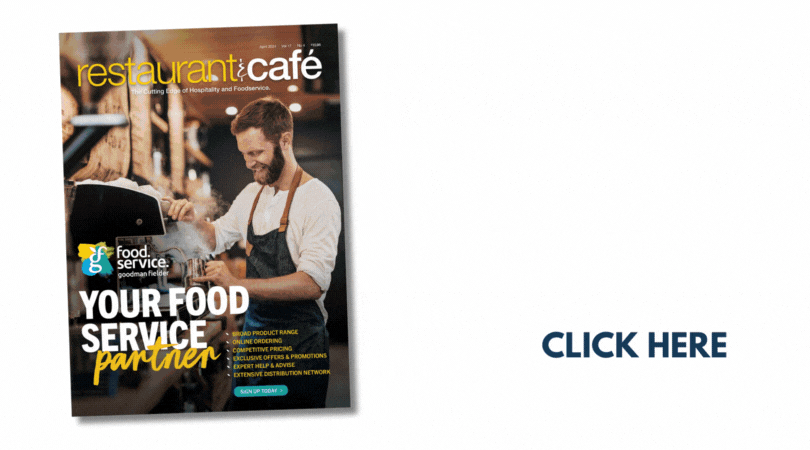The decision to stay at the red traffic light level has come as a bitter disappointment for the hospitality industry which continues to struggle under the current restrictions.
“Patronage continues to be down on previous years and whilst this is starting to pick up, the decision to stay in red will not do much to help consumer confidence,” said Marisa Bidois, CEO of the Restaurant Association.
The March member feedback survey from the Restaurant Association indicated that businesses continue to struggle with 90 percent of respondents saying their revenue is down on 2021 with the average revenue decrease sitting at 34 percent.
“We are not public health experts; however, the seated and separated rule is incredibly challenging for venues. Hospitality venues are places where people want to socialise with others, particularly in bars and clubs so the enforcement of this rule will continue to be a sizeable issue for the industry.
Hospitality New Zealand said the decision was gutting for many businesses teetering on the brink of insolvency.
“With us seemingly past the Omicron peak, businesses were rightly expecting a strong indication on when we could move to Orange, but to get nothing at all today is particularly gutting,” said Chief Executive Julie White.
“If not actual movement, then maybe a date so they could plan would have been better than nothing. Every day we’re in Red is another day of struggle for venues up and down the country that have been disproportionately affected by the pandemic.
“The uncertainty is a business-killer. I’m not sure how much more they can take.”
The Restaurant Association added that it is once again continuing to advocate for financial support in the form of a wage subsidy for businesses who are facing significantly reduced patronage because of this outbreak.
“As well as more financial support, we would also like to see the Government outline a tangible vision for the recovery of our sector which clearly sets out the indicators required for a move to orange,” said Bidois.
“We believe this should include a change of rhetoric from one of fear to one of hope and incentives, such as a subsidized dining scheme, to get people back out and stimulating the economy.”






